David Cameron’s memoirs: five things we learned
The former prime minister talks Brexit, drugs and drinking gin for breakfast in new book For the Record
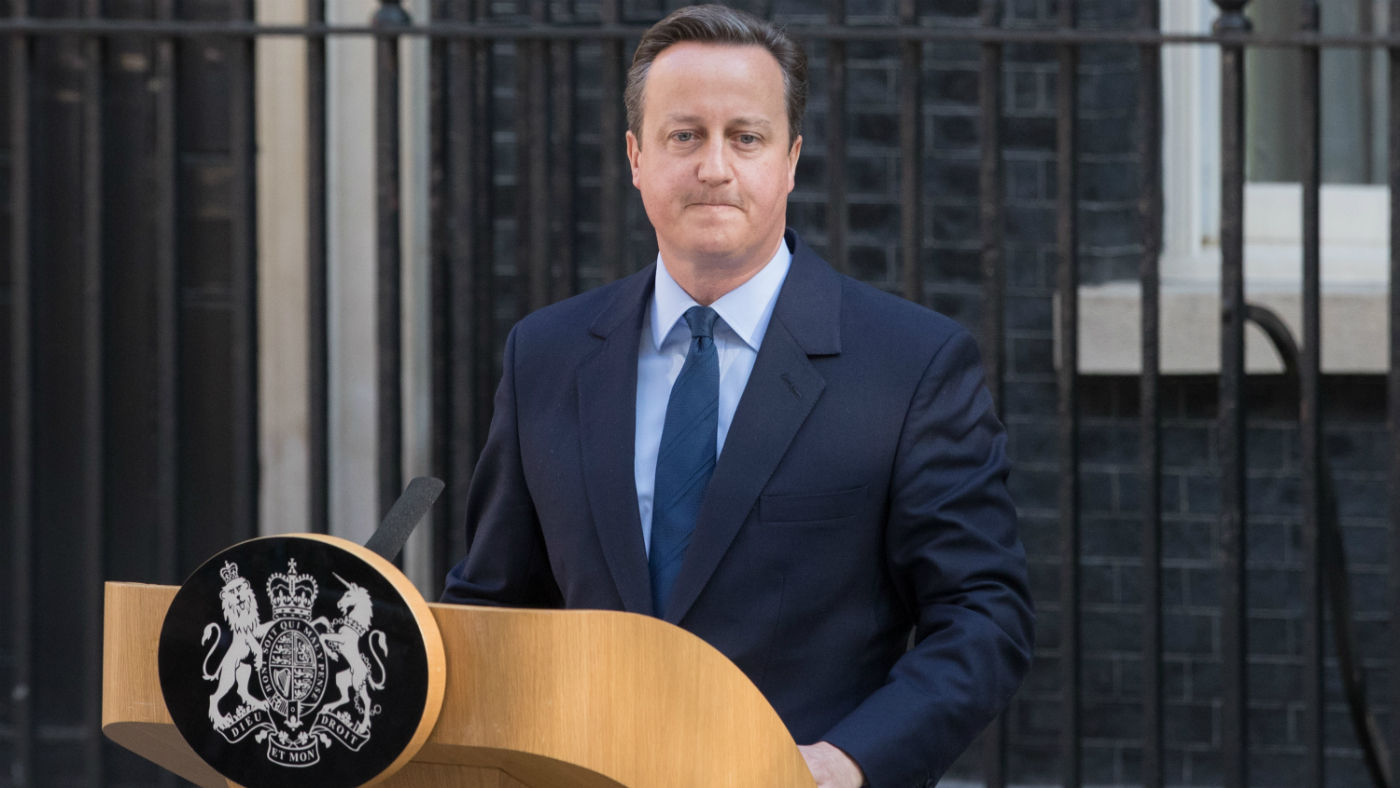
A free daily email with the biggest news stories of the day – and the best features from TheWeek.com
You are now subscribed
Your newsletter sign-up was successful
David Cameron is set to publish tell-all memoirs this week that give a candid account of his time in politics.
The former prime minister doesn’t pull any punches in his biography, titled For the Record, describing former colleagues Boris Johnson and Michael Gove as “ambassadors for the expert-trashing, truth-twisting age of populism”, reports the BBC.
And Johnson’s right-hand man Dominic Cummings is part of a “cauldron of toxicity” with Nigel Farage, says Cameron, who claims the conduct of Leave campaign leaders in the run-up to the EU referendum amounted to “open warfare”.
The Week
Escape your echo chamber. Get the facts behind the news, plus analysis from multiple perspectives.

Sign up for The Week's Free Newsletters
From our morning news briefing to a weekly Good News Newsletter, get the best of The Week delivered directly to your inbox.
From our morning news briefing to a weekly Good News Newsletter, get the best of The Week delivered directly to your inbox.
The former PM also describes “cringing” when looking back at his infamous Bullingdon Club photo, and openly discusses his days at some of the world’s most exclusive schools.
so what else have we learned about Cameron?
No fan of Johnson and Gove
The ex-Tory leader doesn’t hold back from criticising the current administration, accusing Johnson and Gove of behaving “appallingly” during the 2016 referendum campaign.
A free daily email with the biggest news stories of the day – and the best features from TheWeek.com
Johnson’s decision to back Leave and assume the Brexiteer badge was decided by what would be the “best outcome” for him personally, Cameron says.
“Whichever senior Tory politician took the lead on the Brexit side - so loaded with images of patriotism, independence and romance - would become the darling of the party,” he writes.
Johnson “didn’t want to risk allowing someone else with a high profile - Michael Gove in particular - to win that crown”, Cameron continues.
“The conclusion I am left with is that he risked an outcome he didn’t believe in because it would help his political career.”
The former PM is equally scathing about Gove’s conduct, writing: “I couldn’t believe what I was seeing.
“Gove, the liberal-minded, carefully-considered Conservative intellectual, had become a foam-flecked Faragist warning that the entire Turkish population was about to come to Britain.”
In the run-up to the referendum, Gove predicted that Turkey and four other countries could join the EU by 2020, and that the UK’s population could increase by up to 5.23 million by 2030 as a result.
Cameron also writes about his 2014 decision to demote Gove from education secretary to chief whip. After Gove protested against the move, the then-PM sent him a text saying: “You must realise that I divide the world into team players and wankers. You’ve always been a team player. Please don’t become a wanker.”
Apology to Obama
As the person who called the EU referendum - and then lost it - Cameron thinks about the result “every day”, he told The Times.
Describing the morning after the vote, Cameron said he was aware of the “enormity of what happened” and that it would “stay with me for the rest of my life”.
Following phone calls with his ministers, the then PM got on the phone to EU leaders and US president Barack Obama.
He writes: “I spoke to European leaders and to Obama. To each I said the same thing: ‘I had a strategy to keep Britain in the EU. I executed the strategy. It didn’t work. I’m sorry.’”
Swearing in front of the Queen
Before becoming a pupil at Eton College, Cameron attended the exclusive Heatherdown Preparatory School in Berkshire, which also counts Princes Andrew and Edward among its former pupils.
It was here that a young Cameron had his first encounter with the Queen, which ended in disaster when he swore in church.
“I was asked to read one of the lessons at our carol service - Isaiah, I think - and Her Majesty was in the front row,” he writes.
“I did OK, but crucially forgot to say ‘Thanks be to God’ at the end. I remembered as I stepped away from the lectern, started to turn back, then realised it was too late to go back, panicked, and said, ‘Oh shit’.”
Experimentation with drugs
Cameron reveals that during his Eton days, he and two friends would regularly taking rowing boats to Queen’s Eyot island in the Thames and smoke joints, getting “gently off our heads”.
After being caught during one such rowing trip, he was hauled in front of the headmaster. The future PM told the head it was a one off and wove “a more and more elaborate set of lies” that saw him dodge expulsion, though he was banned from leaving school grounds for a week.
Cannabis is illegal in the UK, and possession can land users with up to five years in jail and an unlimited fine. Supply of the drug - including to friends in a rowing boat - is punishable by up to 14 years in prison.
Cameron has repeatedly declined to say whether he has used any other drugs. During an interview with The Times this weekend, he again refused to say “whether, like his former pal Michael Gove, he tried cocaine”, the newspaper reports.
Gin o'clock
After learning of the referendum result, Cameron and his wife, Samantha, decided to face the TV cameras together while he made his surprise resignation speech.
But when it came to the crucial moment, Samantha needed some encouragement.
“She said ‘I just don’t think I can go out there - I feel terrible’ and had a stiff gin at ten past eight in the morning,” Cameron recalls.
-
 6 of the world’s most accessible destinations
6 of the world’s most accessible destinationsThe Week Recommends Experience all of Berlin, Singapore and Sydney
-
 How the FCC’s ‘equal time’ rule works
How the FCC’s ‘equal time’ rule worksIn the Spotlight The law is at the heart of the Colbert-CBS conflict
-
 What is the endgame in the DHS shutdown?
What is the endgame in the DHS shutdown?Today’s Big Question Democrats want to rein in ICE’s immigration crackdown
-
 Y.M.C.A. and four other songs that have escaped their meaning
Y.M.C.A. and four other songs that have escaped their meaningThe Explainer Some of pop's biggest hits have been misinterpreted by politicians and the public alike
-
 Breathtaking: the Covid drama that may make you scream
Breathtaking: the Covid drama that may make you screamThe Week Recommends ITV three-parter is a 'tour de force' that exposes 'political complacency'
-
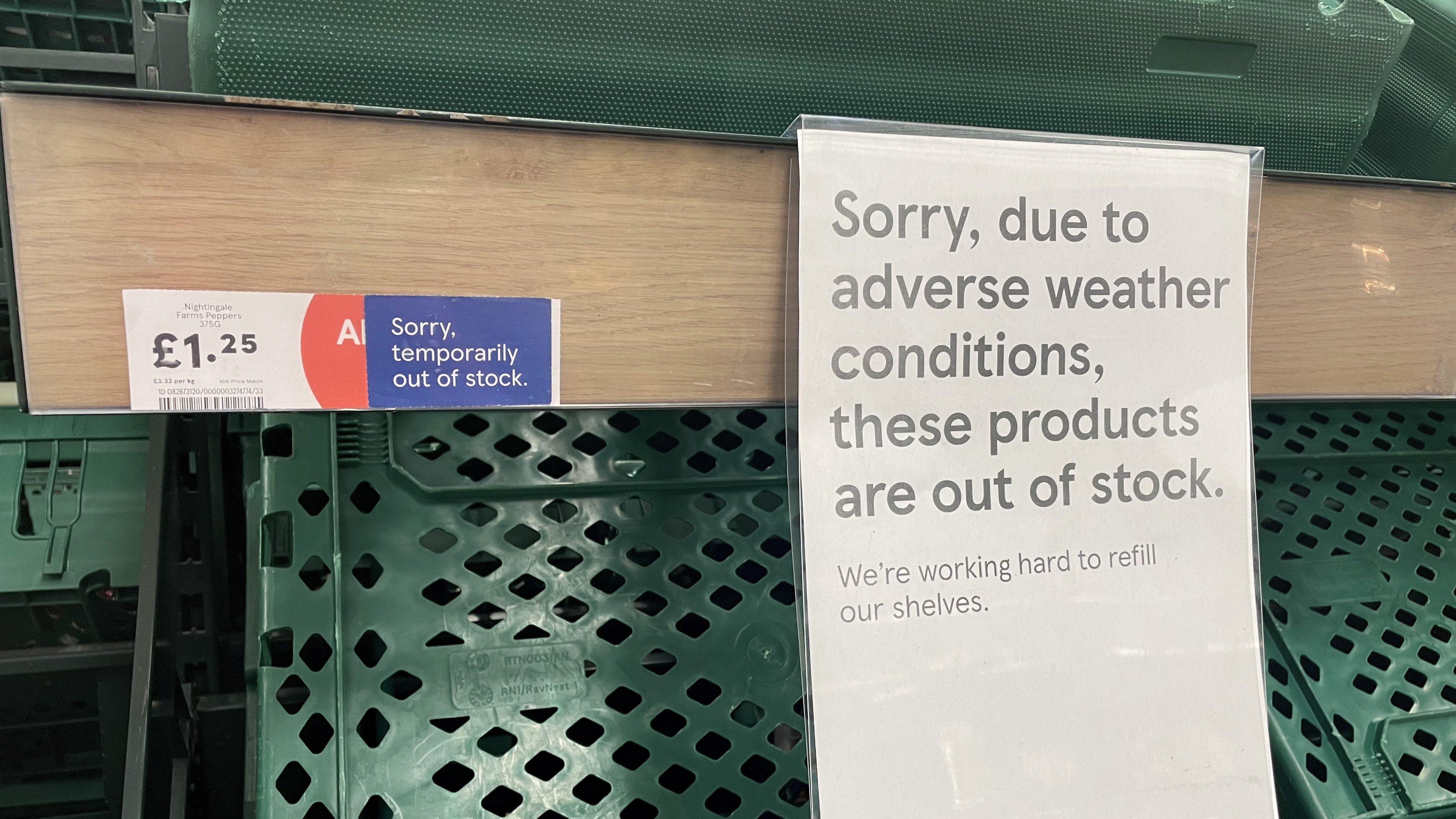 The great British food shortage: what’s causing empty supermarket shelves?
The great British food shortage: what’s causing empty supermarket shelves?feature Unseasonal weather, transport issues and energy prices are leading to rationing of fresh produce in UK stores
-
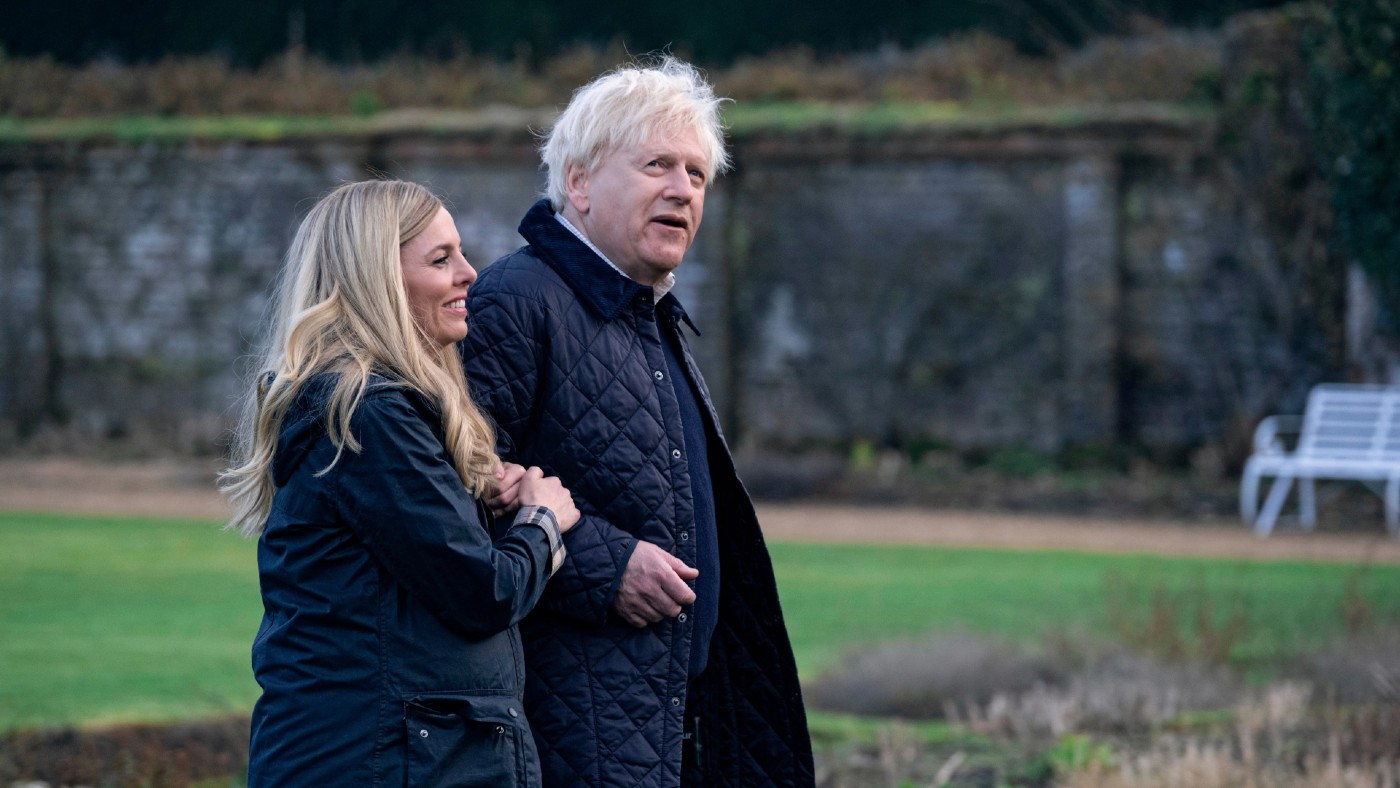 This England: what to expect from Boris Johnson Sky drama
This England: what to expect from Boris Johnson Sky dramaUnder the Radar New TV series starring Kenneth Branagh will take viewers inside Whitehall as the pandemic unfolds
-
 What’s on this weekend? From Brexit Live to A Beautiful Day in the Neighbourhood
What’s on this weekend? From Brexit Live to A Beautiful Day in the NeighbourhoodThe Week Recommends Your guide to what’s worth seeing and reading this weekend
-
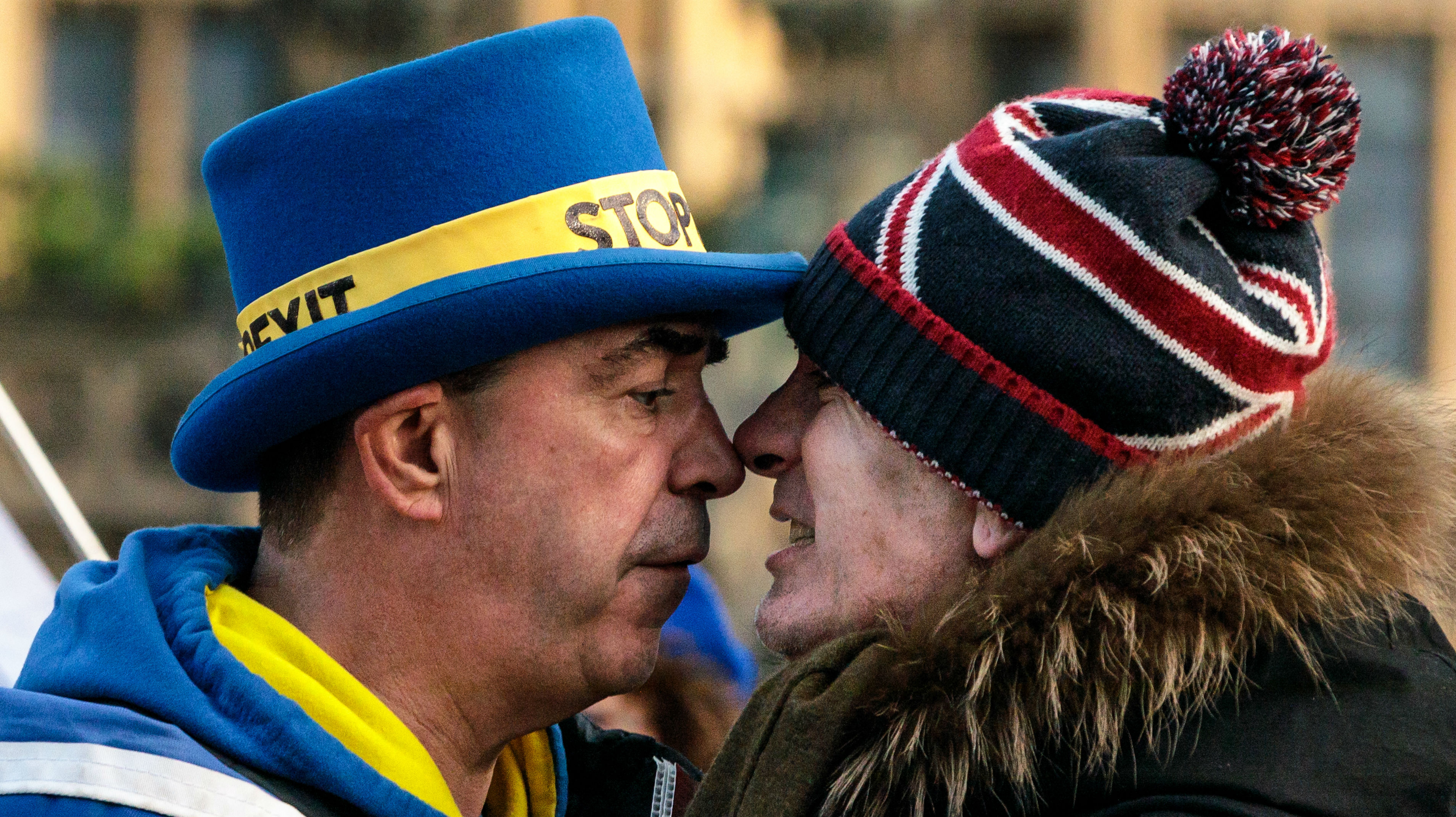 ‘Festival of Brexit’ to go ahead in 2022
‘Festival of Brexit’ to go ahead in 2022Speed Read Boss vows to bring ‘joy, hope and happiness’ to divided nation
-
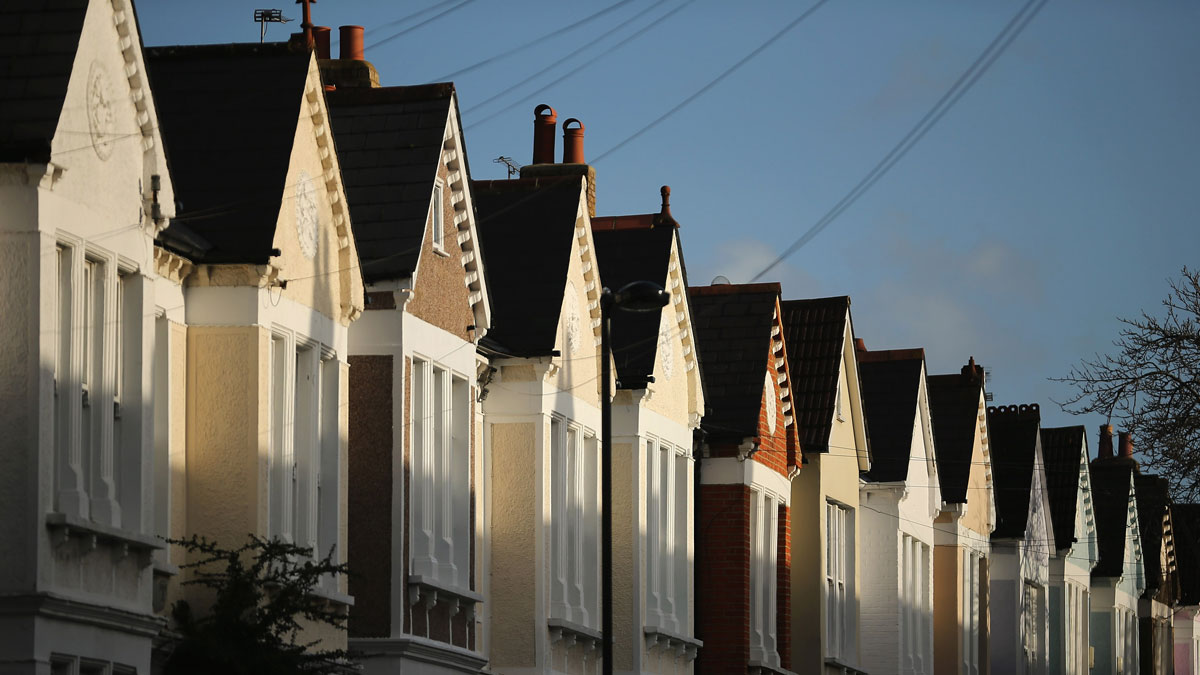 House price predictions: best time to buy or sell in 2020
House price predictions: best time to buy or sell in 2020In Depth Brexit still creating uncertainty but prices set for a Boris-induced spring boost
-
 What’s on this weekend? From Cameron’s For the Record to Ad Astra
What’s on this weekend? From Cameron’s For the Record to Ad AstraThe Week Recommends Your guide to what’s worth seeing and reading this weekend